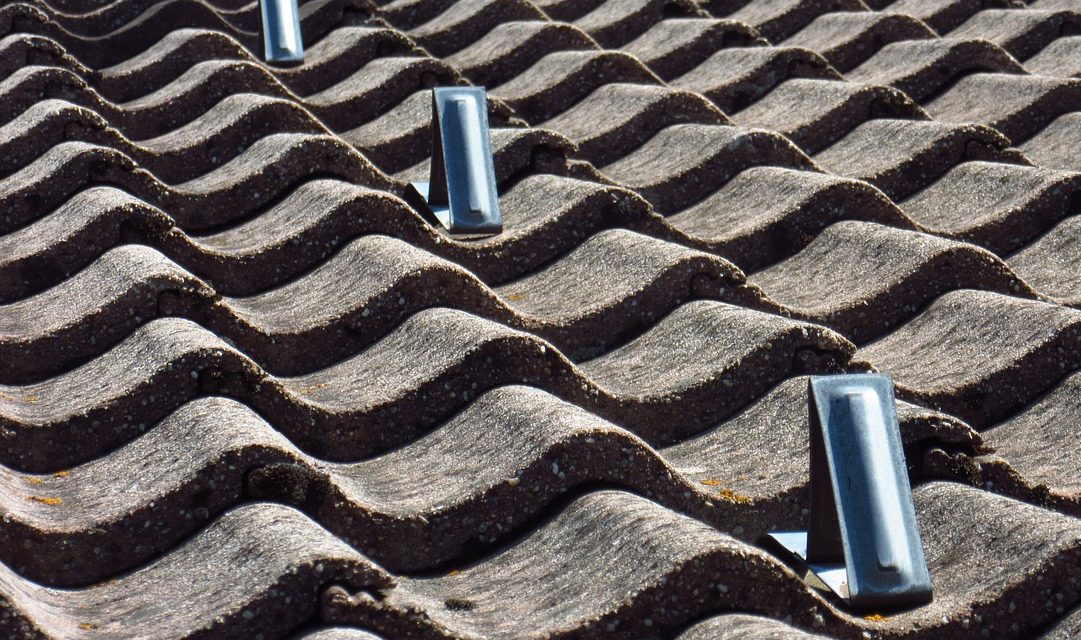The waterproofing material spray cork prevents water from passing through them, acting as protectors on the surface on which they have been applied. The use of these materials is essential to avoid the deterioration of the construction elements. Also, spray cork insulation uses to insulate thermally and acoustically and eliminate humidity, roof leakage repair, leaks in homes, buildings or premises.
There are different materials on the market for waterproofing surfaces. Among them:
- Acrylics (synthetic resins and glass fibers, which are applied in a similar way to paint).
- Asphalt (very resistant and that includes emulsified water, polyester and glass fibers).
- Cementitious (recommended to avoid the appearance of saltpeter).
- Elastics (made with acrylic polymers and that resist well the contraction and expansion of materials).
- Liquid membranes and polyurethane.
What is spray cork?

Many people wonder about the possibilities of using sprayed cork to waterproof facades, roofs, ceilings or floors. Sprayed cork is applied to different surfaces using mechanical means such as spray guns or air compressors. This cork spray can be used as a finishing coating, mainly on the building envelope. Hence its use in the rehabilitation of facades or modular constructions of new construction.
Can we use spray cork to waterproof facades or roofs?
The projected spray cork is an ecological material (made with a base in vegetal fabric), breathable, non-slip, passable and elastic. Its main use is as an insulator, but some also use it to prevent water seepage, both on facades and indoors.
The material offers a wide variety of spray cork colors and textures, which have many aesthetic possibilities. However, despite its a priori advantageous characteristics, from a functional point of view, the projected cork presents some problems as a waterproofing agent:
It has a higher cost than other materials
The first disadvantage of using sprayed cork as waterproofing is its price compared to other materials. Of course, it is convenient to calculate the savings in energy or other insulating materials to know if the investment is worth it. As we explain below, the problem is that the performance of this material is not always optimal.
It must always be of high quality
Another disadvantage of sprayed cork is related to its quality. Suppose the material has not been treated and applied correctly. In that case, it can be seriously affected (and lose its ability to repel water) from liquid spills, giving rise to leaks and humidity, both on facades and floors.
Your weight can become a problem
The insulation capacity of sprayed cork is similar to that of other materials such as glass wool, which weighs less. One of the problems with projected cork is that, depending on its quality, it is more or less light. If, to achieve good insulation, thermal and acoustic, an average of 3 kg of this material is applied per square meter, its weight can increase. It can be a problem when working with the material.
Maintenance required
The protective layer that covers the sprayed cork is absorbed over time. In addition, as it is a natural product, it has less useful life than other waterproofing agents, which means that it must be replaced periodically.
On the other hand, when we apply sprayed cork, the surface must be in perfect condition and completely smooth. This means that, previously, it is necessary to repair and sand it to cover cracks and imperfections.
Not recommended in areas exposed to light
This is one of the most notable disadvantages of using sprayed cork. When direct light is received, cork can dry out and lose some of its properties, including those that make spray cork insulation waterproof.
The disadvantages of spray cork are many
One of them is polyurea, a polymer that arises from the reaction of an isocyanate with a diamine and offers great versatility and efficiency. Thanks to the application of projected polyurea. We can form a continuous membrane adhered to the support and adapted to the surface. It could be metallic, ceramic or concrete. Being an adhered continuous sheet, this layer works as a perfect barrier against water. And since spray cork requires little repair or maintenance, the investment pays off over time.




